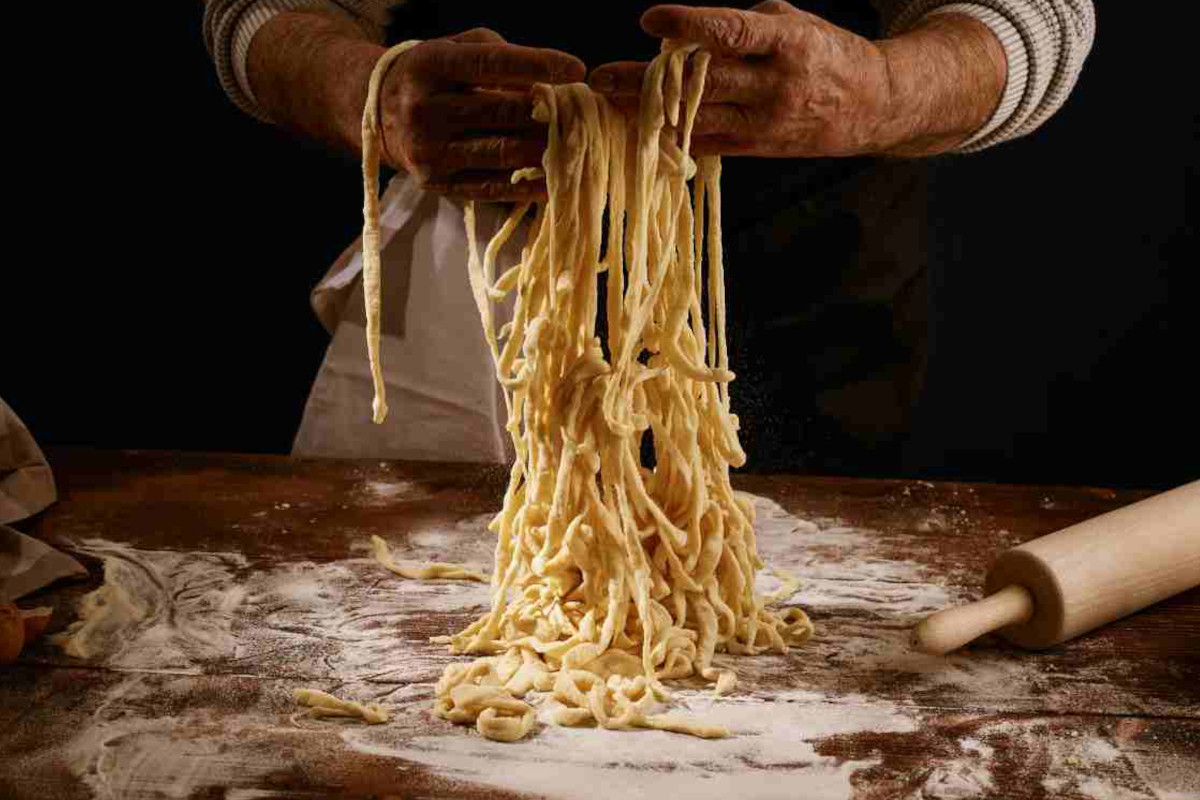
Fifty-seven years ago, the “Law of Purity” set the benchmark for Italian pasta producers, establishing stringent quality standards and criteria for production. This included the exclusive use of durum wheat, with specific analytical parameters such as moisture, protein, and acidity, and clear definitions for product names. Today, members of the Unione Italiana Food’s pasta producers’ association are renewing their commitment to quality and transparency by adopting a new self-regulation code for voluntary advertising claims. These guidelines aim to provide consumers with clearer information.
The new code ensures that advertising claims, not only adhere to legal requirements but also reflect ethical standards, highlighting the social benefits associated with consuming or purchasing the product.
CATEGORIES OF CLAIMS
From the organoleptic and nutritional qualities of pasta to the raw materials used, from production methods to formats suitable for various recipes, every advertising claim must adhere to principles of honesty, truthfulness, and accuracy. Claims must be verifiable and non–misleading, ensuring added value at the time of purchase and consumption, based on relevant scientific data or public authority certifications, and consistent with applicable regulations. The key focus areas of the code include:
- Ingredients (durum wheat, semolina, or water): Characteristics of raw materials, including origin, ancient varieties, and species.
- Product (pasta): Quality aspects such as cooking resistance, texture, and color.
- Production process: Details of raw material processing, including milling, dehusking, and production techniques.
- Artisanal designation: Definition of “artisanal” pasta.
- Sustainability: Circularity and sustainability of the production process, from field to table, including specific production phases.
- Packaging: Recyclability and sustainability.
- Food safety: Absence of contaminants or pesticides.
- Nutritional properties: Claims about beneficial nutritional properties, such as being a “source of fiber.”
- Disease risk reduction: Claims linking the consumption of specific foods or ingredients to health benefits.
“This code reaffirms our dedication to providing consumers with ever-clearer information,” says Margherita Mastromauro, president of the Italian pasta makers of Unione Italiana Food. “This voluntary initiative aims to strengthen the image of Italian pasta, showcasing its quality, which is rooted in the exclusive use of durum wheat semolina, the selection and blending of the finest durum wheat, and a long tradition of production coupled with years of technological research and experimentation.”
